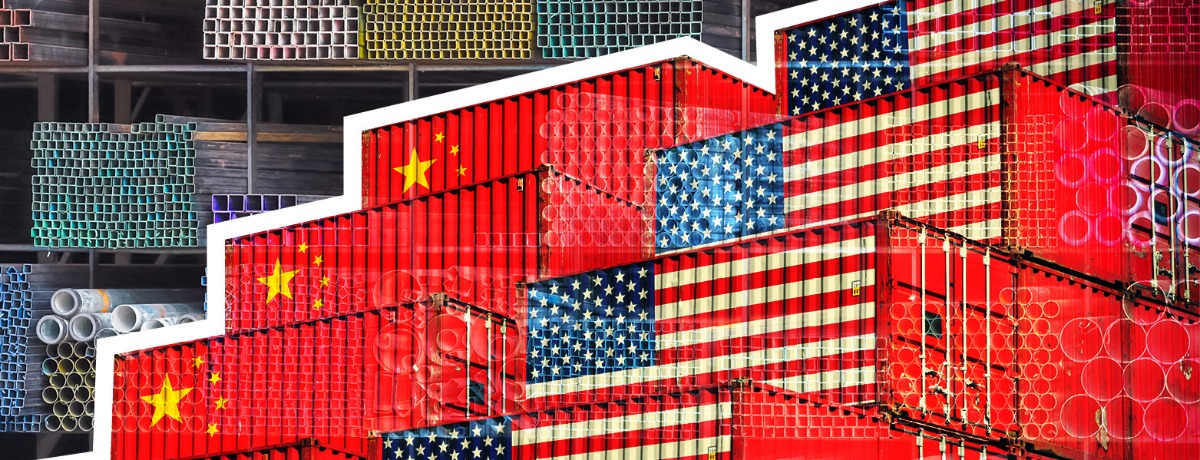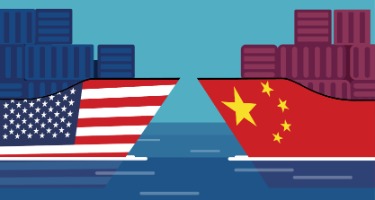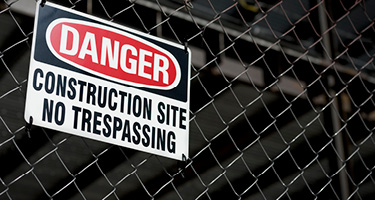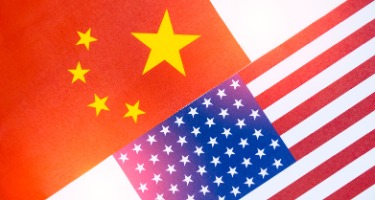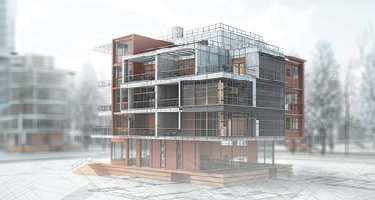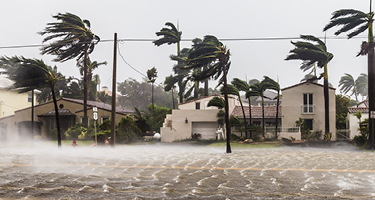In 2018, President Trump issued proclamations imposing tariffs on American imports of steel (a 25 percent levy) and aluminum (10 percent). Thereafter, the President imposed a 25 percent tariff on hundreds of categories of Chinese products in an effort to challenge and penalize china for its trade practices and, as the year progressed, more and more products were added to the list leading to what has been referred as a trade war between the U.S. and China. In response to U.S. tariffs, China imposed its own tariffs on thousands of goods originating in the U.S. Subsequently, more tariffs were released to apply to thousands of commodities originating in China earmarked to be worth over $200 billion at an initial rate of 10 percent, but to be potentially increased to 25 percent.
After extensive discussions between the U.S. and China ended without a trade agreement in May 2019, the President increased the tariff to 25 percent on those goods previously taxed at the 10 percent rate. In response, on June 1, 2019, China increased its tariffs on $60 billion worth of American goods exported to China.
While talks continue, threats of additional tariffs are impending.
The continued tariffs and retaliatory tariffs between the U.S. and China have already significantly impacted the construction industry, despite a reprieve in May 2019 resulting from the U.S. lifting tariffs on steel and aluminum imports from Canada and Mexico.
Notwithstanding, many of the Chinese goods required for construction remain subject to tariffs and are adding a significant strain to construction companies, putting projects at risk, and potentially curtailing investments for new projects. Specifically, tariffs have led to material cost increases, pricing volatility and budget uncertainties, delayed deliveries which results in delayed completion, lack of material supply, and contractor default and abandonment.
In December, I wrote about the Trump tariffs and potential avenues for contractual relief and recovery in the face of then-imposed and impending tariffs. Since there does not appear to be an immediate end in sight for the tariffs, contractors need to consider implementing measures to deal with the risks associated with tariffs whether in the pursuit of new projects, mid-stream in a project, or as part of project close-out.
Pricing risk is the primary concern to most construction companies, and this risk can be limited on the front-end by negotiating an appropriate “tariff clause,” or price-escalation provision, that counteracts the effects of such levies. Another very important up-front risk is the project time and schedule. Negotiating a force majeure provision that considers the potential implications associated with tariffs can afford relief when delays result in the supply chain because of tariffs. Many standard-form construction contracts limit force-majeure recovery to only an extension of the contract time—and while an extension might help, it certainly won’t solve increasing prices imposed by the tariffs or the added costs associated with a delayed construction project. As a result, force majeure provisions must be examined carefully to consider the specific needs of a project because a one-size-fits-all approach often won’t work.
Without upfront planning and contractual provisions to account for tariff related risks, contractors face a more significant challenge to deal with the imposition of tariffs, but there are still potential options to mitigate the exposure. For example:
- Downstream anti-escalation clauses: Although a contractor may have not negotiated a tariff or escalation provision with its owner client, as it buys out its subcontractors and other downstream vendors, it would be prudent to include a provision in those downstream agreements which prohibits increases as a result of any escalation including tariffs.
- Subcontractor default insurance (SDI): While the inclusion of an anti-escalation clause may be a solution in concept, in the last year, certain scopes of work that rely upon Chinese goods have seen significant price increases and an anti-escalation clause may simply lead to subcontractor failure, default, and abandonment. Subcontractor default insurance may be a solution to protect a contractor from subcontractors who walk-away from a project or fail because they are unable to meet contractual obligations, a problem that has increased because of pricing risks associated with tariffs.
- Bonds: Although it is a common practice for contractors to require certain subcontractors and vendors to provide payment and performance bonds, many do not do so for all scopes of work or have internal procedures which set thresholds on which subcontractors/vendors are bonded and which are not. Construction companies should review these internal procedures and thresholds and pay attention to scopes of work that may be impacted by tariffs and consider requiring bonds for such subcontractors/vendors as a bond can provide an avenue for recovery in the event of a default or failure.
- Value engineering: Although in most cases value engineering will be entirely dependent on the cooperation of the project owner and design professionals, value engineering can be a viable for option for dealing with the risks associated with pricing increases because of tariffs. Value engineering is an effort to analyze project design, systems, processes, equipment, and materials with an eye towards reducing cost while at the same time maintaining the required performance, quality, and safety called for by the design documents. Simply put, it is a consideration of alternatives to reduce project cost. As an example, with tariffs impacting cabinetry and countertop products coming from China, value engineering can examine and assess whether alternative products sourced locally or from other parts of the world make more sense, but consideration also needs to be given to sourcing times, shipping, and potential delays associated with the alternative.
The starting point for any lawyer should be the negotiation and inclusion of an appropriate tariff or price-escalation, but if this is not an option, or if the contract has already been executed, there are alternatives to limit exposure.
--------------
Warren E. Friedman is a Partner with Peckar & Abramson, P.C. in Miami, Florida and is Board Certified in Construction Law. Mr. Friedman places particular emphasis on providing strategic and innovative business counseling to his clients designed to prevent costly disputes before they arise. However, when disputes do arise, Mr. Friedman’s extensive litigation experience ensures a cost-effective and aggressive solution. His clients include contractors, construction managers, owner/developers, and sureties on both private and public projects. Mr. Friedman also has extensive experience with construction licensure issues, surety relations, negotiating and drafting various contract documents, monitoring the construction process during construction, regulatory compliance, and counseling clients through project administration. He can be reached at 305.358.2600 or wfriedman@pecklaw.com
